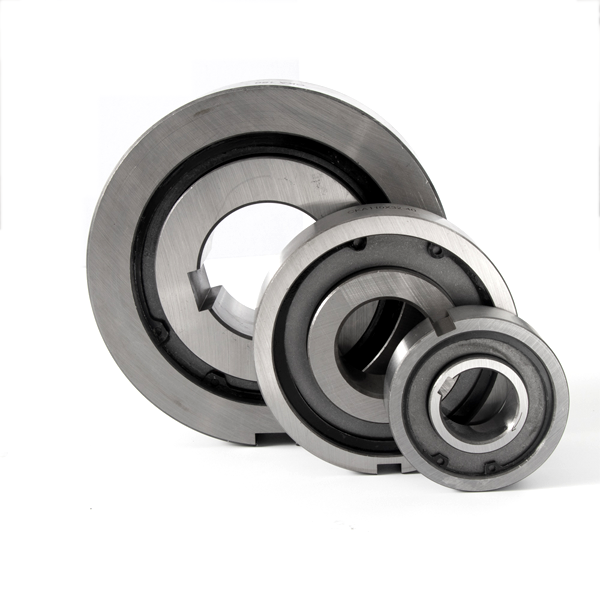Jul . 26, 2024 17:09 Back to list
Innovative Solutions for Tailored High-Performance Bearings in Diverse Industrial Applications.
Custom Specialised Bearings Precision Engineering for Diverse Applications
In the world of engineering and manufacturing, the importance of high-quality bearings cannot be overstated. Bearings are essential components in various machinery, facilitating smooth rotation and reducing friction between moving parts. While off-the-shelf bearings can meet the needs of standard applications, there are many instances where customized solutions are necessary. This is where custom specialised bearings come into play.
Custom specialised bearings are designed and engineered to meet specific requirements that standard bearings cannot satisfy. These tailored solutions accommodate unique dimensions, load capacities, operating conditions, and environmental factors, making them invaluable in various industries, including aerospace, automotive, medical, and industrial machinery.
Understanding the Need for Customisation
The need for custom bearings arises from the fact that one size does not fit all. Different applications come with their own set of challenges. For instance, an aerospace component might require bearings that can withstand extreme temperatures and pressures, while a medical device could necessitate bearings that are biocompatible and easy to sterilize. Additionally, applications in harsh environments, like marine or mining industries, demand bearings that can resist corrosion and wear.
The design of custom specialised bearings takes into consideration these specific requirements. Engineers work closely with clients to understand the parameters and performance expectations. This collaboration ensures that the bearings are not only fit for purpose but also enhance the overall efficiency and longevity of the machinery they are part of.
The Design Process
The design process for custom specialised bearings begins with a thorough analysis of the application. Factors such as load conditions, speed requirements, and environmental exposure are all assessed. Advanced engineering software often assists in this phase, providing simulations and prototypes that help visualize the performance of the bearing design under various conditions.
custom specialised bearings

Materials selection is another critical aspect of the customisation process. Bearings can be made from a variety of materials, including stainless steel, ceramic, and polymer composites, each offering specific benefits in terms of strength, weight, and resistance to environmental factors. For example, ceramic bearings can provide lower friction and higher wear resistance, making them ideal for high-speed applications, while stainless steel bearings are preferred in corrosive environments.
Manufacturing and Quality Assurance
Once the design is finalized, the manufacturing process begins. Modern manufacturing techniques, such as CNC machining and additive manufacturing, allow for precise fabrication of custom specialised bearings. These processes enable the production of complex geometries and tailored features that traditional methods may struggle to achieve.
Quality assurance is paramount in the manufacturing of custom bearings. Rigorous testing procedures are put in place to ensure that the bearings meet all specified performance criteria. These tests can include load testing, speed testing, and environmental exposure simulations. It is crucial that the bearings perform reliably under the conditions they will face in actual use.
Applications Across Industries
Custom specialised bearings find applications across a range of industries. In the aerospace sector, they are used in critical components such as turbines and landing gear. In the automotive industry, custom bearings provide support for high-performance engine components and electric drivetrains. Medical devices, including surgical instruments and imaging equipment, often rely on bespoke bearings for accurate and safe operation. Industrial machinery, whether it be conveyors or robotics, also benefits from bearings tailored to optimize performance and efficiency.
Conclusion
Custom specialised bearings represent a vital aspect of modern engineering, enabling the creation of advanced machinery that meets the demands of various industries. Through precision design, careful material selection, and stringent quality control, these bearings provide enhanced performance, reliability, and durability. As technology continues to evolve, the demand for custom solutions will likely grow, paving the way for further innovations in bearing design and manufacturing.
Latest news
-
25x52x44.4mm UEL205 Bearing with Eccentric Sleeve
NewsAug.19,2025
-
High Quality 6319 2RS Deep Groove Ball Bearing 95x200x45
NewsAug.18,2025
-
UCT205-15 Take Up Housing Pillow Block Bearing | Reliable
NewsAug.17,2025
-
CKZ-A Sprag Type Freewheels One Way Clutch - High Performance & Reliable
NewsAug.16,2025
-
ASNU 12-35 NFS TFS Roller Freewheel One Way Clutch Bearings
NewsAug.15,2025
-
Durable AK208 Pillow Block Housing | Reliable Bearing Support
NewsAug.14,2025